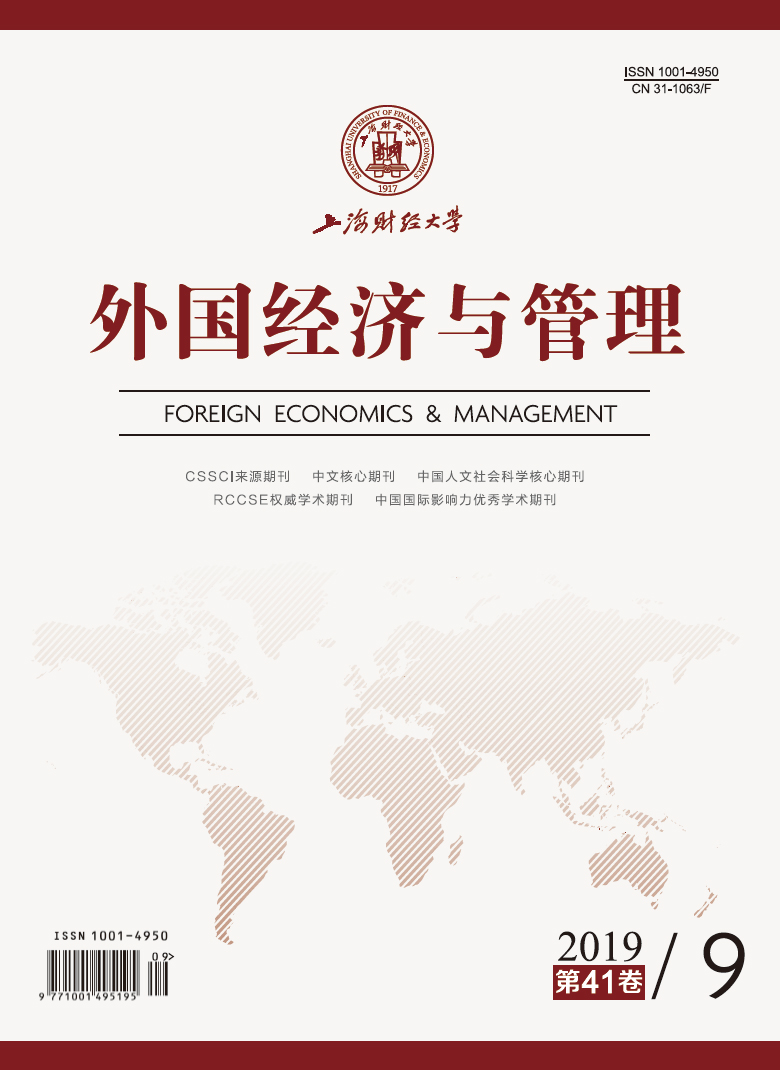Attaching importance to the study of the staff’s job satisfaction in the workplace and the national strategic perspective of " people’s happiness line is equivalent to the lifeline of the party and the state” are an organic unity. The staff’s job satisfaction is an important component of " people’s happiness in the country”, and a best interpretation to the assertion of " happiness comes from struggle”. Therefore, the study on the staff’s job satisfaction not only conforms to the current " national project”, but also conforms to the " people-oriented” management philosophy in the workplace. So far, in terms of the two measurements of job satisfaction respectively from working states and working conditions, scholars have formed two different research paradigms: the first one is taking the staff’s psychological perception as a closed system, and studying the endogenous factors in it; the second one is taking the staff’s psychological perception as an open system, and studying the exogenetic factors outside it.
The open system paradigm makes the research attention from individual inner factors to outside factors, being more likely to reveal the nature and source of job satisfaction causes. However, the existing research often just examines the single exogenetic factor. Therefore, it is necessary to systematically examine the effects of exogenetic ontic non-psychological factors, including personality, sociality, family, work time and work situation. Taking 2013 on-job staffs as an example, this paper conducts a statistical test on the five-dimension exogenetic factors affecting the staff’s job satisfaction, and finds that work situation is the most direct factor affecting the staff’s job satisfaction. In addition, personality and sociality are the other two direct causes of the staff’s job satisfaction. Work time affects job satisfaction by changing the staff’s work situation perception. The effect of family on the staff’s job satisfaction is not significant. With different education, income and health, the staff’s job satisfaction is also different. In order to improve the staff’s job satisfaction, the units should form normative, reasonable and fair work situation above all, and introduce and encourage more staffs with positive personality and good sociality. Secondly, the units should use more intelligent equipments to reduce manpower and overtime work, provide rest places to reduce commuting hardship, and provide fitness facilities to improve the staff’s health conditions. Finally, high salaries should be provided for high-level professionals and highly educated staffs.
This paper distinguishes two research paradigms from views of endogenous and exogenetic causes, and reveals the sequence of five-dimensional exogenetic causes affecting the staff’s job satisfaction. The conclusions and suggestions provide a theoretical reference for scholars to study job satisfaction’s causes from a multi-dimensional perspective, and also provide practical guidance for front-line managers to improve the staff’s job satisfaction based on exogenetic factors.





 4405
4405  6797
6797

